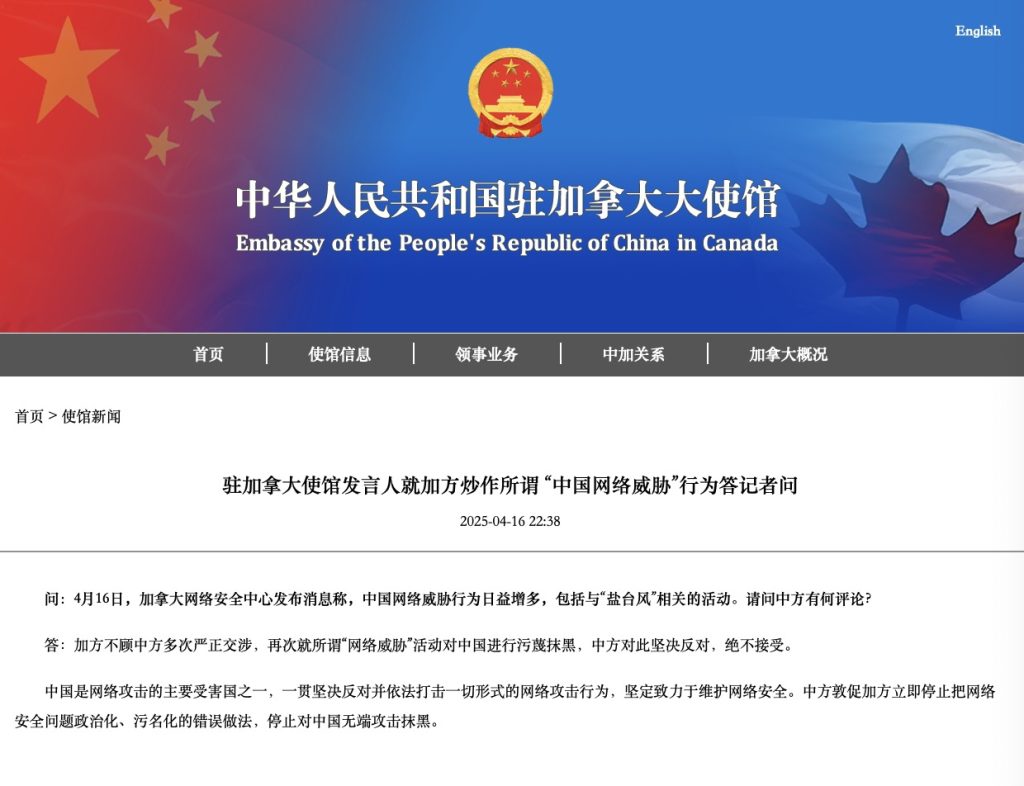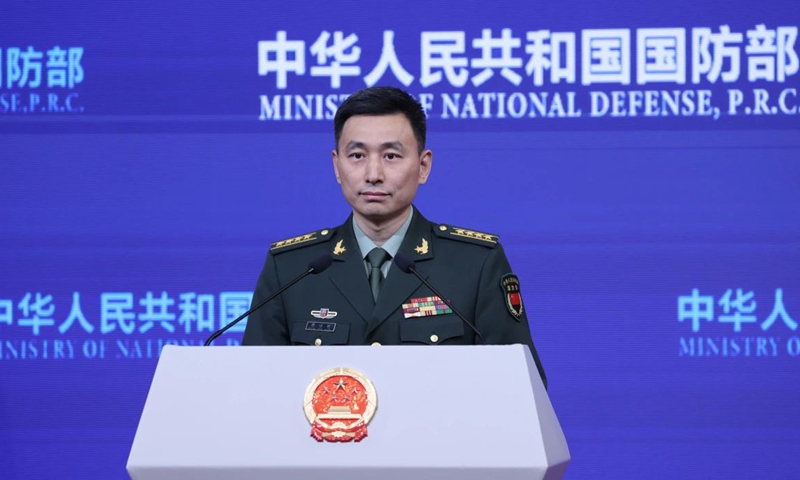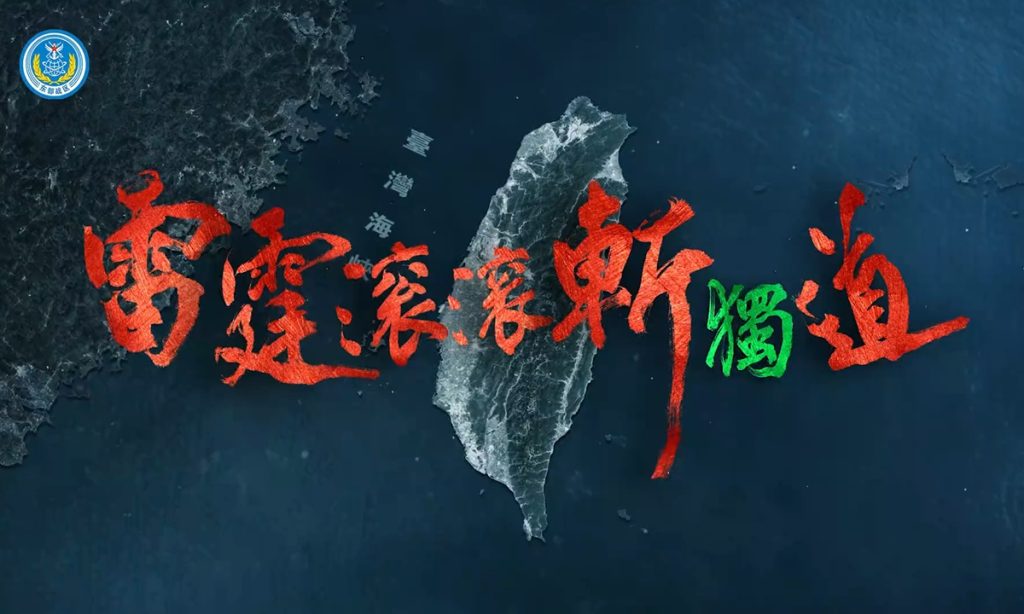At dawn on Qingming Festival, also known as Tomb-Sweeping Day, a white vessel quietly departed from a harbor in Dalian, a coastal city in northeastern China.
Neither a cruise ship nor a fishing boat, it was a specialized sea burial ship, carrying mourners and floral tributes for solemn ceremonies.
For 28 years, Captain Chen Qi has witnessed a profound shift in China's approach to sea burials -- in 1997, he facilitated ceremonies for only a dozen families; today, his team lays more than 7,000 souls to rest in the vast embrace of the ocean and conducts over 400 ceremonies annually.
ONCE-TABOO SAILS
Upon reaching the designated sea burial site, Chen sounded the ship's whistle three times in funeral tribute. The deceased's family members then carefully lowered biodegradable burial urns into the water.
"For sailors, sounding the whistle three times means a crew member has fallen into the water," Chen said. He has adopted this to symbolize the deceased coming to the sea, signaling that it is time for a final farewell.
His career began unexpectedly in 1997, when Dalian, in Liaoning Province, first introduced sea burials. At the time, the practice was considered taboo by many sailors, as traditional ground burials were still the prevailing custom.
Chen had been the captain of a sightseeing boat when he helped a friend with a sea burial using his vessel. "When word spread, some tourists refused to board, so I converted this vessel to be used exclusively for sea burials."
In the early days, mourners gathered at a coastal park before boarding the ship together. But some of the park's other visitors considered the practice to be bad luck and complained to city administration, forcing Chen to change his assembly location and move between shorelines, ports and docks to avoid conflict over the years.
GROWING SOCIAL ACCEPTANCE
In recent years, rising environmental awareness has changed public attitudes and increased the public's acceptance of sea burials. Today, it is not only local families who seek out Chen's services; people from inland cities as far away as Xi'an -- more than a thousand kilometers from Dalian -- have consulted with Chen or his team.
"Some even plan funerals when they are alive, opting for a sea burial in the hope that their soul will flow freely in the vast ocean. Wherever there is water, their descendants will be able to remember them," Chen said.
Chang Chunsheng, who is from Tieling City in Liaoning, said, "My father loved the ocean. Resting there fulfills his final wish."
This growing acceptance of sea burials reflects both changing public views and government support. In 2012, Liaoning pioneered to provide free sea burials and related subsidies. In 2017, local authorities officially permitted Chen to make regular voyages from Pier 6 of the Port of Dalian.
By March 2025, about 17,000 deceased individuals from Dalian chose to be buried at sea since 2012, saving 50,000 square meters of land that would otherwise have been used for ground burials.
Data from the Ministry of Civil Affairs reveals that the number of sea burials across the country has been steadily increasing. Over the past five years, nearly 200,000 deceased individuals have been laid to rest in the ocean.
PASSING ON THE TORCH
Chen's team is also growing, expanding from a single, family-owned vessel to three vessels with a staff of around 30, including crew members and funeral presiders.
Chen has witnessed countless personal journeys over the past 28 years. He remembers mourners who clutched thick music manuscripts as they said goodbye to a deceased composer, and adult siblings who mourned their late father as they carried bowls of pork vermicelli, a traditional dish in northeastern China, in the hope that he could enjoy his favorite dish in the afterlife.
For years, his son Chen Jin, now 39, has been working alongside with Chen Qi. Chen Jin took over the sea burial business following his father's retirement, and has launched an online memorial platform where families can share photos, messages and virtual tributes, with plans to develop more personalized post-burial ceremonies.
He also performs proxy ceremonies with his father, delivering flowers and letters at sea for those who are unable to mourn their loved ones in person.
Chen Jin believes his career has a profound purpose: "Our duty is not only to honor the deceased, but also to comfort the living, leaving them with love and memories through a dignified farewell."




